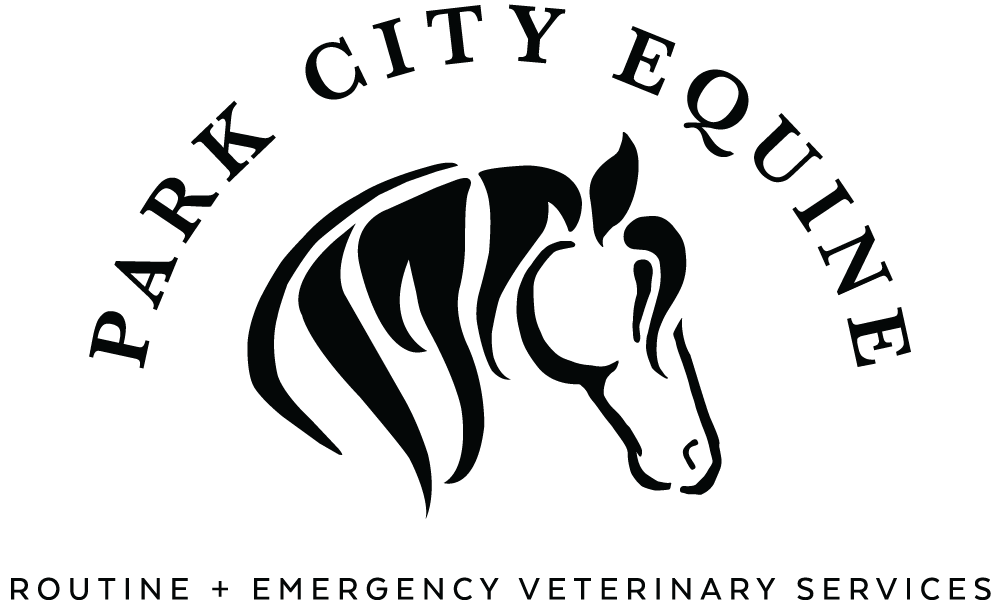Prevent Incurable Horse Virus
Eastern equine encephalitis virus (EEEV) is transmitted by the bite of an infected mosquito, advises the Centers for Disease Control (CDC). The virus is rare and causes inflammation of the brain called encephalitis. Animals, especially horses, are vulnerable to this infection.
"All equine cases are the result of mosquitoes which have fed on infected birds and then feed on unvaccinated horses, " advises Wayne Crans, Entomology Research Professor in Questions Regarding Eastern Equine Encephalitis and Horses. Horses are increasingly susceptible to the EEEV infection. The virus involved attacks the horse's central nervous system. "Onset is abrupt and horse cases are almost always fatal," he says.
Symptoms evident in horses infected with the virus include marked loss of coordination, unsteadiness and erratic behavior. Other signs to be aware of in horses are loss of appetite, drooping eyelids and lower lip, depression, blindness, aimless wandering and circling, and occasional paralysis. The treatment that may be provided by your veterinarian or emergency animal hospital is typically ineffective. Crans reports that after the first indications of illness in an animal "seizures resulting in death usually occur within 48 to 72 hours."
"The greater the number of infected mosquitoes, the greater the risk," says Dr. Alfred DeMaria, Wisconsin's top disease tracker," so preventing mosquito bites becomes even more important." Protecting yourself and your horse can be enhanced by following the suggestions made by the CDC and the Wisconsin Department of Agriculture, Trade and Consumer Protection.
? Provide nighttime shelter for horses from hungry mosquitoes by housing them in a barn.
? Wash out horse troughs frequently to reduce the breeding of mosquitoes near paddock areas.
? Eliminate sources of standing water.
? Wear protective clothing.
? Use insect repellent on exposed skin or clothing when outdoors especially those that contain DEET, picaridin, IR3535 or oil of lemon eucalyptus.
? Reduce or avoid outdoor activities between dusk and dawn when mosquitoes are most active.
Crans urges that vaccinations be provided to horses by only licensed veterinarians to ensure that their protection is effective. Infected horses are often found to have been "improperly vaccinated or (were) vaccinated with vaccine that had lost its protective properties."
The vaccinations when properly given are only effective for one year. Annual booster shots are required. Animals receiving their first vaccination will require a two-shot series to guarantee that their protection is adequate.
Humans that are infected with EEEV may not have any apparent illness or symptoms. Cases that are classified as severe "begin with the sudden onset of headache, high fever, chills, and vomiting. The illness may then progress into disorientation, seizures, or coma." These severe cases involve an inflammatory condition of the brain called encephalitis advises the CDC.
Sources:
Boston Globe. Massachusetts health officials raise risk level for EEE.
Center for Disease Control.
Crans, Wayne J. Questions regarding eastern equine encephalitis and horses. Rutgers Cooperative Extension Fact Sheet # FS737.
Merck Veterinary Manual.

